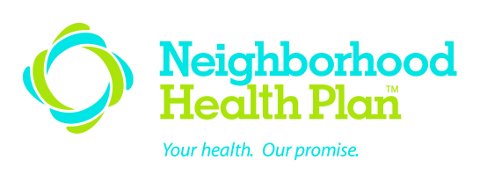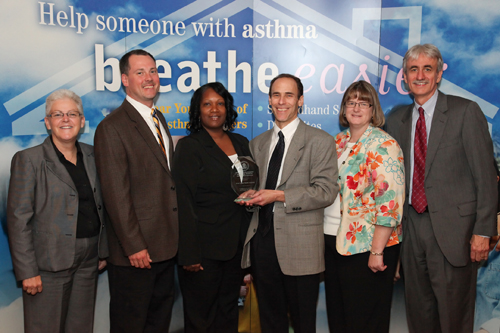Woodhull Medical and Mental Health Center

Twelve years ago, the Woodhull North Brooklyn Health Network implemented its comprehensive, evidence-based asthma management program to ensure best practices for asthma care were used to treat all asthma patients. By educating and training health care providers, community organizations and schools, Woodhull has taken a multi-faceted approach to improving asthma care in one of the nation’s highest-risk communities for asthma. At the center of this approach is the Network’s leadership in heading the North Brooklyn Asthma Action Alliance, a coalition that partners with national organizations, community groups and health care facilities to deliver a high standard of asthma care to the community. Supporting this work, the program trains doctors, nurses and hospital residents with its PACE program, which aligns with the National Institutes of Health Guidelines for Asthma Care, and utilizes a modified Electronic Health Record to ensure that all of Woodhull’s providers deliver Guidelines-based care. In partnership with Rutgers University, Woodhull performs ground-breaking education on environmental triggers to schools, including the distribution of checklists and diagrams outlining the process to eliminate common triggers. Woodhull also addresses patients’ home environments, distributing environmental control products such as allergen-proof pillow and mattress covers free of charge. Woodhull has renovated the emergency department with a state-of-the-art asthma treatment room, which offers patients assistance with their paperwork while they begin treatment.
This fast-track approach has resulted in easier and more effective access to asthma treatment in emergency situations. The results of Woodhull’s work are captured in its Asthma Registry: The number of visits to the pediatric asthma clinic more than doubled between 2008 and 2009, which correlated to a 58 percent reduction in asthma-related emergency department visits and 67 percent decrease in hospitalizations.

Gina McCarthy, then Assistant Administrator, Office of Air and Radiation, U.S. EPA, and Mike Flynn, Director, Office of Radiation and Indoor Air, U.S. EPA, present Award to (from left to right) Dr. Edward Fishkin and Desire La Tempa of the Woodhull Medical and Mental Health Center






